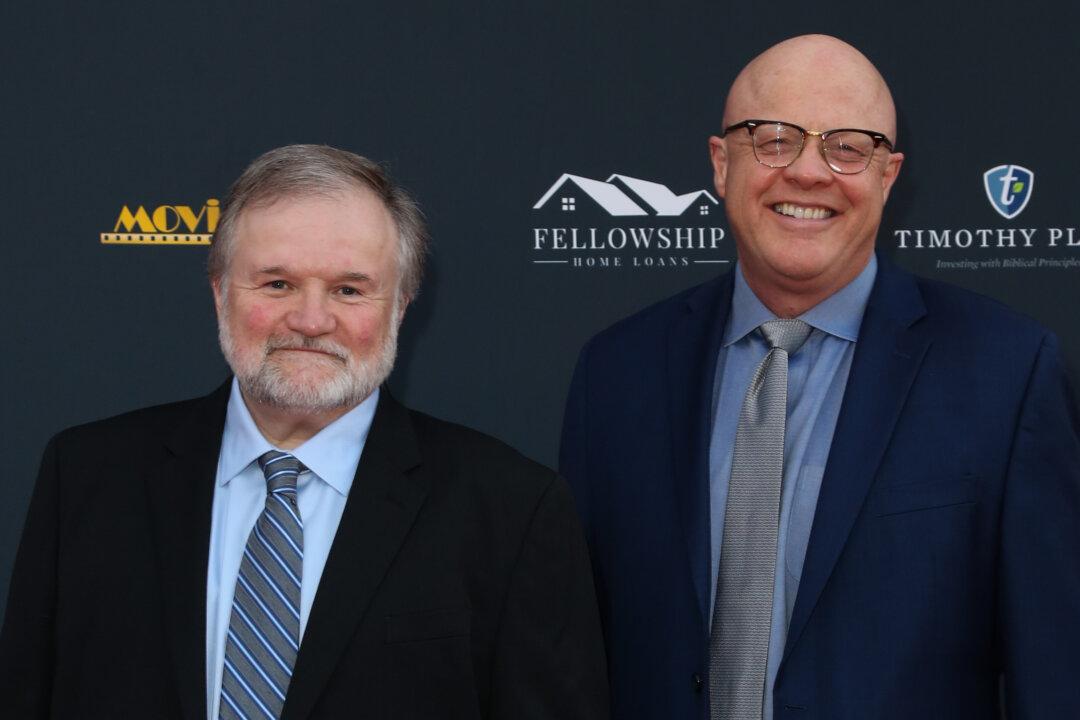Commentary
Yes, there are a few of us out here—conservative filmmakers, a term that’s not only an oxymoron these days, but also anathema to most of our colleagues.

Yes, there are a few of us out here—conservative filmmakers, a term that’s not only an oxymoron these days, but also anathema to most of our colleagues.